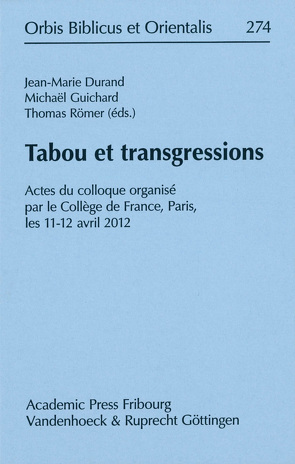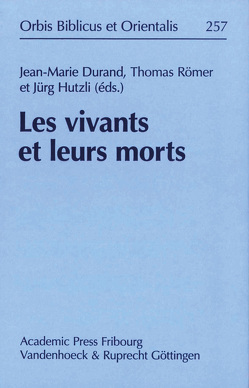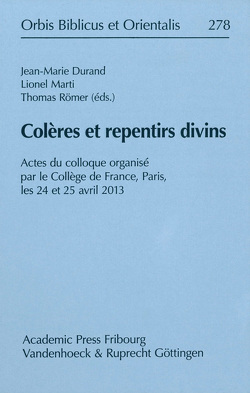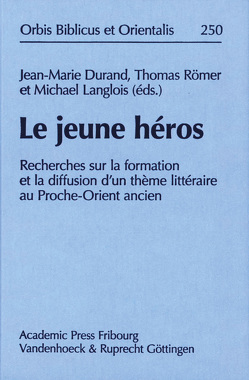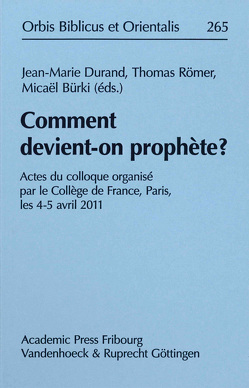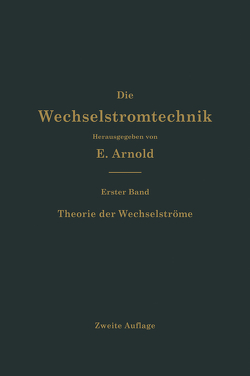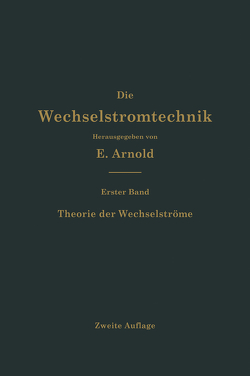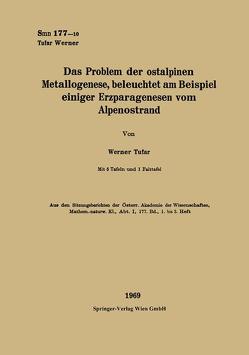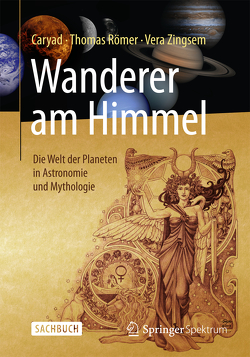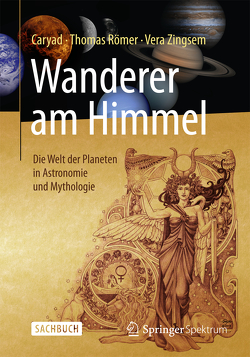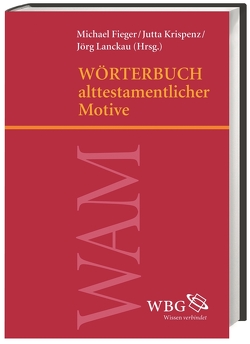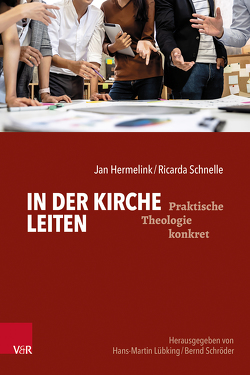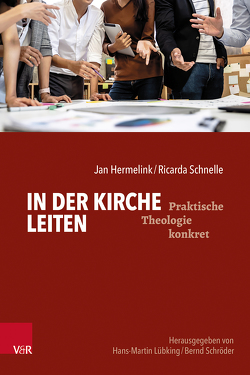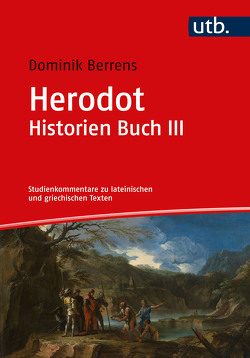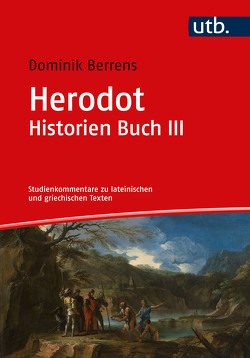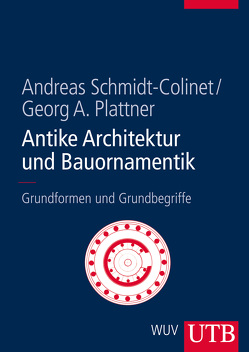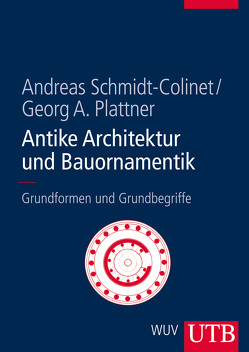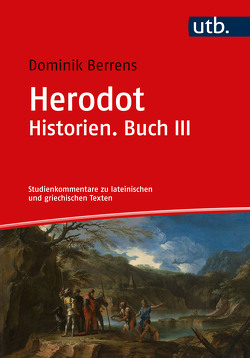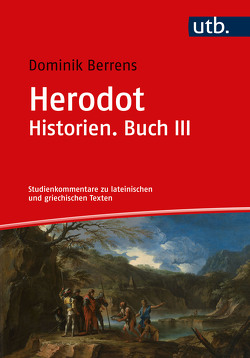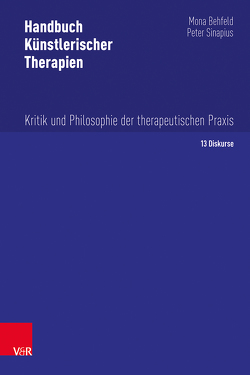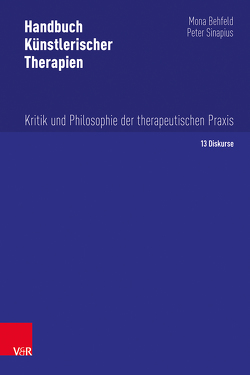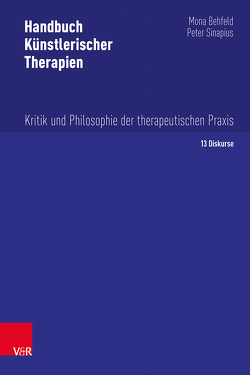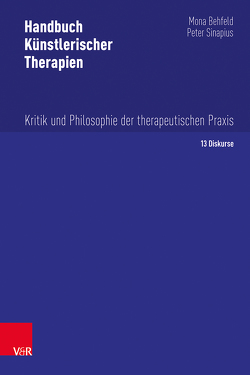Tabou et transgressions
Actes du colloque organisé par le Collège de France, Paris, les 11-12 avril 2012
Jean-Marie Durand, Michaël Guichard, Thomas Römer
This colloquium brought together biblical scholars, Assyriologists and scholars of Antiquity to discuss the question of taboo and its transgressions, from the perspective of their disciplines and through their particular corpus of texts: Bible, literary or archeological evidences from Mesopotamia, Ancient Greece, Ancient Egypt and the Mamelouk period… On the one side, the contributions highlight the absence of a term that would be the equivalent of the word “taboo”, originally borrowed from the Polynesian languages by last century’s anthropologists. It appears however that several characteristics connected to this concept are recurring in the societies under scrutiny.
Thus, several contributions indicated the importance of food prohibitions as identity markers. These “table manners”, such as the blood interdiction in ancient Israel, allow a group to establish its own boundaries from the inside, and to define its modes of belonging and recognition. It also happens that specific diets are used to describe a group from the outside. It can prove unjustified and caricatural, as is the case for the pork-less diet attributed to the Egyptians by Herodotus, or, on the contrary, reflect a socio-historic reality, like in the case of the Amorites, a nomadic tribe which ate desert truffles and raw meat. The identity function of diets is also highlighted in interethnic meetings, when minority groups, like the Jews in the Hellenistic periods, were forced to adapt their practice to avoid being excluded from the city’s circles of influence.
Sexual intercourse is a domain where laws hold little sway and where taboos help to define limits. Thus, prostitution in Ancient Israel was discussed as well as the metaphorical use of prostitution in prophetic discourse. Other contributions also analyzed the problem of interethnic marriages that blur the boundaries of the community, and the possibility, in extreme situations, to defy fundamental prohibitions such as incest in order to preserve other group values.
“Contact taboo” were also considered. They characterize exclusive places, like a sanctuary or the house of a high priestess, the entrance of which is limited solely to the initiated. Some objects, such as war spoils, or some people, like first-borns, receive a sacred character that necessitates that they be set aside from the group. Conversely, for them to be integrated, one is conditioned by the observance of a ritual or of postures that insure the protection of the remainder of the group.
In order to understand prohibitions and various regulations, one needs to be aware of the economical and social context in which they develop as well as of the collective imaginary to which they refer. Thus Assyrians put into place a fundamental distinction between what is voluntary and involuntary. Taking into account involuntary mistakes allows explaining any type of trouble that is related to the behavior of the one affected by trouble. This sense of responsibility generates new prohibitions established by hemerology, which sets auspicious and inauspicious days. Knowing these days limits the risk for unconscious mistakes. For their part, the founding texts of Judaism at the Persian time express an ideal where law should be placed under the authority of the temple. The law of retaliation (lex talionis) and the penalties of mutilations it implies is here indicative more of an ideological construction than of a historical reality.
